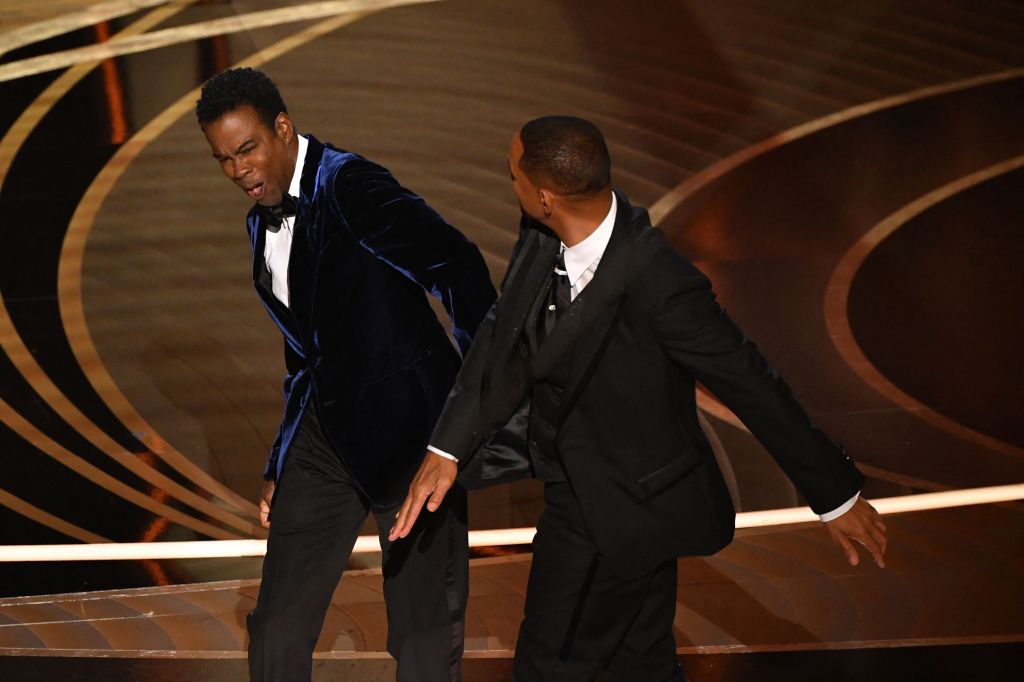Seventy-two professional tennis players who flew to Melbourne in the lead-up to the Australian Open are now barred from leaving their hotel rooms due to hard lockdown measures.
Authorities identified positive COVID-19 cases on three separate charter planes that were used to fly the athletes into Australia over the past week—one from Abu Dhabi, one from Los Angeles and one from Doha—forcing health officials to place at least 170 known contacts into strict, 14-day hotel quarantine.
Videos by VICE
Among the 72 tennis players affected by the lockdown are Stanislav Wawrinka, Victoria Azarenka, Kei Nishikori and Sloane Stephens. None of them are allowed to leave their hotel rooms until they’ve completed their two-week quarantine, nor train for the upcoming grand slam tournament, currently scheduled to commence on February 8.
Predictably, the world-class athletes are none too pleased about the restrictions, which apply by default to anyone travelling into Australia from overseas—including Australian citizens, and regardless of whether or not they’re considered close contacts to an active COVID-19 case.
Several players took to social media over the last few days to air their grievances with the public health protocols, many of them claiming that they weren’t aware of the quarantine rules until they touched down in Australia.
“What I don’t understand is … why no-one ever told us, if one person on board is positive the whole plane need [sic] to be isolated … I would think twice before coming here,” Kazakh player Yulia Putintseva said on Twitter.
“I agree,” said Romanian player Sorona Cirstea. “If they would have told us this rule before I would not play [in] Australia… I would have stayed home.”
Australian authorities claim players and event organisers were fully aware of the quarantine rules before arriving in Australia, with Quarantine Victoria Commissioner Emma Cassar insisting that “the rules for close contacts have not changed”.
“There is no way you can consider this, if you’re on a plane for 16, 24 hours with air that circulates throughout the plane, you are not a close contact,” Cassar said. “The program is set up to keep people safe, we will not be modifying the program or watering it down under any circumstances.”
While they’re forbidden from taking part in any on-court training sessions, however, some tennis pros have come up with innovative ways to keep their form sharp while locked up inside the four walls of their hotel rooms. Several players shared videos of themselves hitting balls against various surfaces in their rooms, including windows, walls and an upright mattress.
British player Heather Watson uploaded a fast-motion video of herself running to one end of the hotel room and back, while other players filled up the hours by filming video montages, playing video games, performing their own modelling shoots and complaining about their hotel quarantine meals.
Others have been slightly more disruptive. Cassar told the ABC that there were a “small few” people within the Australian Open quarantine hotels who were “testing our procedures” and had tried to leave their rooms.
“I can give you two examples, a player who opened his door to try and have a conversation with his training mate down the hallway. Again, he’s got a phone, you can pick up the phone and use the telephone as opposed to putting you and others at risk,” she said. “The other was another gentleman who shouted some Uber Eats to some other people on the floor and was praising his great efforts and opened his door to do so.
“It is really low-level but really dangerous acts which we just can’t tolerate.”
Cassar said one of the people was a player, and noted that those “persistently breaching” quarantine rules could stand to be fined or transferred to a complex health hotel where police officers would be stationed at every door.
Meanwhile, Novak Djokovic—who is currently quarantining in Adelaide, South Australia alongside Serena Williams, Naomi Osaka and Rafael Nadal—has penned a letter to Tennis Australia chief executive Craig Tiley in which he lays out six requests on behalf of all the players in Melbourne’s hotel quarantine.
According to Spanish tennis website Punto de Break, the World Number One insists that the isolation period should be reduced and that all athletes should have fitness and training material in their rooms, as well as a standard of food usually expected by elite athletes and permission to visit their coach or physical trainers. Djokovic also declared that as many tennis players as possible should be moved to private houses with a court to train.
Daniel Andrews, premier of the Australian state of Victoria, addressed the tennis pro’s demands during a press conference on Monday, saying “people are free to provide a list of demands. But the answer is no.”
In an interview with local radio, Cassar put it a little more bluntly.
“It’s a definite no from me.”
Follow Gavin on Twitter




